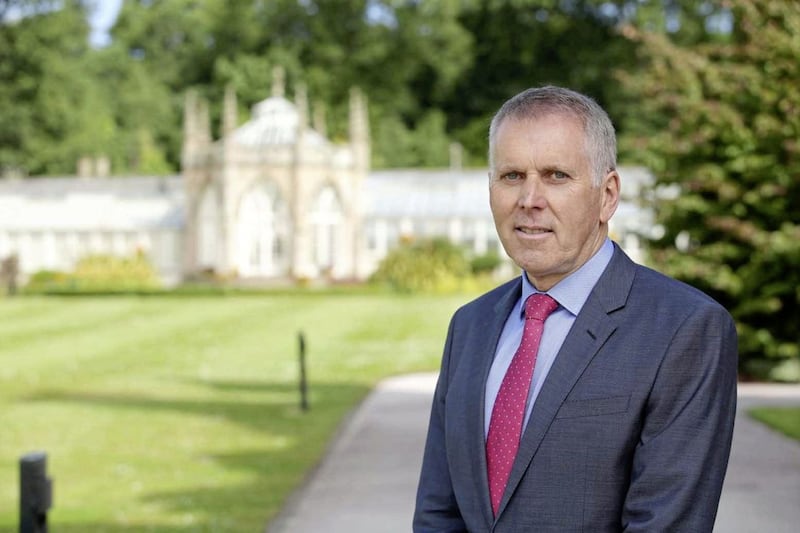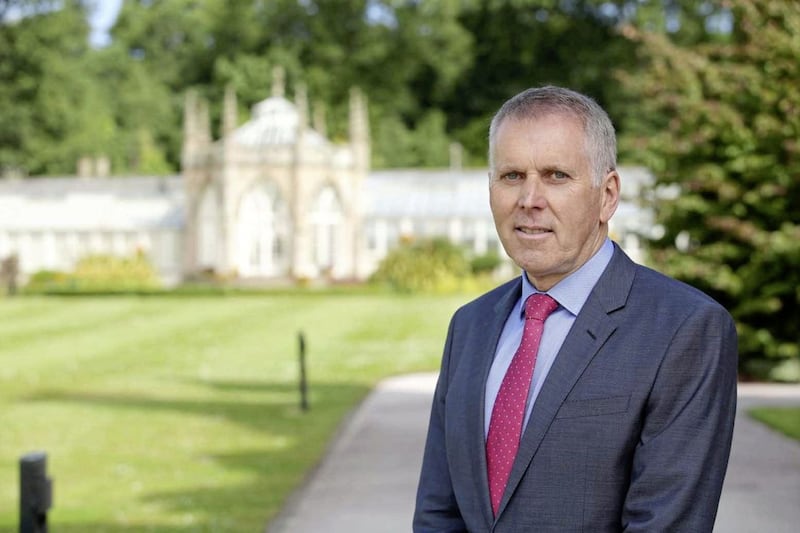KEY areas of education, justice and housing are all suffering in the absence of Stormont ministers to take "urgently needed" decisions, a civil service report has found.
An `Outcomes Delivery Plan' was published in June, setting out a "programme of work" for civil servants in the absence of ministerial agreed Programme for Government.
The first progress report finds "whilst progress has been made in many areas, there is still much to do and many challenges remain".
"The absence of ministers places considerable constraints on the NICS, restricting its operational capacity and ability to respond as effectively as it would like to current issues and events," the report finds.
"The NICS is delivering to the best of its ability in the prevailing circumstances, but it cannot take the place of ministers when it comes to strategic policy development or in taking the transformative decisions that are urgently needed in the key areas of health, education, justice and housing."
It records "significant challenges" in tackling disadvantage, with a much-needed Social Strategy to tackle poverty, social exclusion and patterns of deprivation - `under development' by ministers before the collapse of Stormont - stalled by the absence of the executive.
Also affected is the revised Child Poverty Strategy (2019-21) and Industrial Strategy which are similarly mothballed.
The report finds Northern Ireland "still some way from achieving its aim of creating a community which promotes mutual respect, is strengthened by its diversity and where cultural expression is celebrated and embraced".
Progress is also needed to implement recommendations from the Hart report on historical institutional abuse.
It highlights "the immediate risk and uncertainties in respect of Brexit (and) stubborn levels of economic inactivity and continued low levels of productivity".
"Despite a strong labour market, the economy has experienced no significant increase in living standards and productivity, real wages are only marginally higher than 10 years ago and economic growth is lagging.
"The NICS is doing what it can in the absence of ministers to make meaningful progress, and it will continue to do so for as long as the current situation prevails.
"However, civil servants cannot take decisions that properly fall to locally elected and accountable ministers.
The Head of the Civil Service, David Sterling concluded: "It is becoming increasingly difficult to maintain momentum and there is a clear need for fresh thinking and renewed policy impetus in almost every area."








